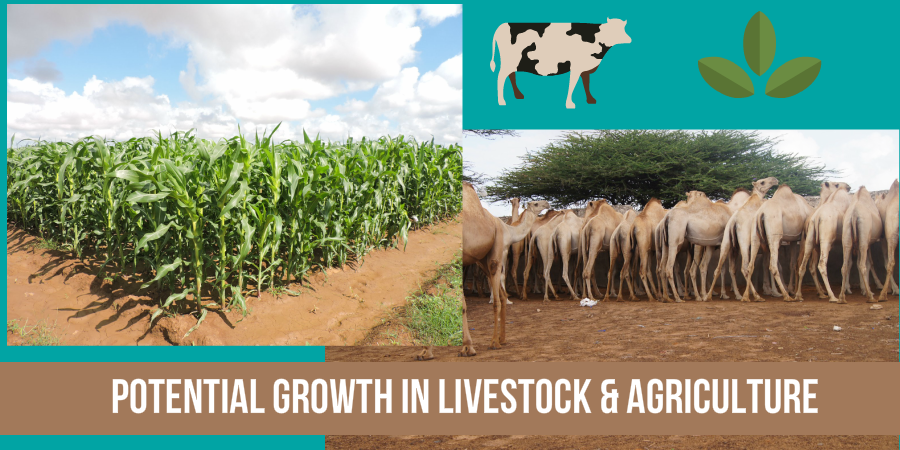Business Performance
Major determinants of firm-level profitability include characteristics of the industry in which the firm competes, firm’s position relative to its competitors and the quality or quantity of the firm’s resources including its managerial and staff skills. However, the wider economic and institutional environments in which a firm operates also affect performance. In Somalia there has been a serious deficit both in technical and business skills as well as in market and regulatory information due to lack of effective central government over the past two and half decades [1].
Although the private sector, including agribusiness industries, has remarkably adopted well to this unfavourable environment, such deficit will continue to pose significant constraints to growth and investment in the economy in the short to medium term.
It is also widely recognized that the hindrance of economic and regulatory environments would continue to act as a constraint to business growth in Somalia over the medium to long term [2][3].

Well-designed economic and regulatory policies and interventions are necessary to support business growth across the sectors in the future.

However, there has been considerable progress made toward addressing these challenges over the past 5 years with the help of the international community. The recent progress includes rebuilding of some public institutions and administrative capacities required to develop some of the most critical legislation, including property rights, investment and banking regulations. As result there is a growing interest in investments in the core economic sectors like agriculture and fisheries. However, most businesses lack the managerial and staff skills necessary to take full advantage of the improving market conditions and investment opportunities to grow. In particular, most businesses still rely on the traditional managerial approaches based on conventional wisdom and social networks for recruitment.
Therefore, there is a need for a paradigm shift of the approaches used to aid business decision-making. The influence of Business Analytics (BA) skills on business performance, for example, can be enormous. In an increasingly interconnected and dynamic markets, even in seemingly underdeveloped markets in Somalia, monitoring and improving the performance of a business is an increasingly complex task. This requires a careful analysis of many management and productive processes such as identifying suitable measures of performance, defining targets to achieve, planning actions necessary, communication, monitoring changes, reporting and feedback [4]. Thus, an approach relying on conventional wisdom to making business decisions cannot be used to measure and manage performance reliably.
A proper collection and analysis of data lies at the heart of effective, modern decision-making in all business, be it a farm, food processor, distributor or retailer.

The same applies to the wider supply chain context as a correct relevant business decision based on bundles of large volumes of both internal and external data that is only possible with BA that enable the analysis of data gathered, sometimes in vast quantities, on a regular basis, e.g. purchases and sales via mobile-based payment systems such as ZAAD which can be linked to business records such as receipts and invoices. Improving performance is also a continuous process that requires an analytical performance measurement system.
Contact Us
A leading consultancy firm providing agricultural and analytical services to agriculture and food industry and policymakers in the Horn of Africa
00 252 63 3221141
Offices :
Mogadishu | Hargeisa | London, UK
